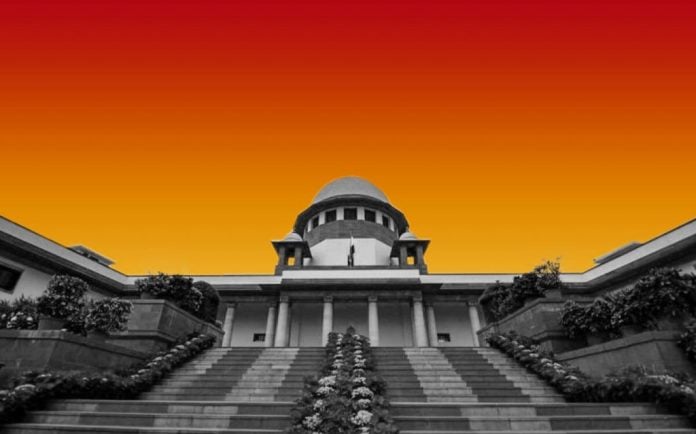The Supreme Court has reserved its verdict on a petition challenging the Gauhati High Court order, declaring the Assam Rural Health Regulatory Authority Act, 2004 as unconstitutional and ultra vires the Indian Medical Council Act of 1956.
The Bench of Justice B.R. Gavai and Justice B.V. Nagarathna reserved its verdict on Thursday on a petition against striking down of the 2004 Act by the High Court on the grounds that it lacked the permission of the Central government and Presidential assent.
As per the plea, the State of Assam had promulgated the Assam Rural Health Regulatory Authority Act, 2004, in view of shortage of qualified doctors willing to go to rural areas and to supplement qualified doctors.
A three-year Diploma course in Medicine and Rural Health Care was introduced in Assam under the Act, which permitted people completing the Diploma Course to treat certain specified common diseases.
A Regulatory Authority was also established to regulate and register the Diploma Holders. The Regulations of the Assam Rural Health Regulatory Authority Act, 2005 provided that the Rural Health Practitioners could only treat the listed common diseases, carry out certain minor surgical procedures and could prescribe only certain listed drugs, noted the plea.
The petition further submitted that in a meeting held under the Chairmanship of the Union Health Secretary, the Secretary appreciated the three-year course and it was resolved that other states must follow it.
It was further determined that the state government should have a separate authority to recognise such diploma holders. It was averred before the High Court that this meeting also showed that the Central Government was also willing to approve the Act, added the plea.
The petitioner pointed out that when the Act was promulgated, the Indian Medical Association filed a writ petition before the High Court and at the same time, an advertisement was issued regarding registration to the course.
The High Court did not order any stay. Since then, five batches had passed out comprising about 500 students, who have been awarded the diploma and have been working in rural areas and no complaint had been received against the practitioners, added the plea.
It said the High Court struck down the Act after 10 years of its promulgation on the ground that it was in conflict with the Indian Medical Council Act, 1956. The High Court had observed that as per the application of Section 10 A of the Indian Medical Council Act, the state government should have taken the permission of the Central Government before introducing the said diploma course.
(Case Title : Baharul Islam and Ors vs Indian Medical Association and Ors)


